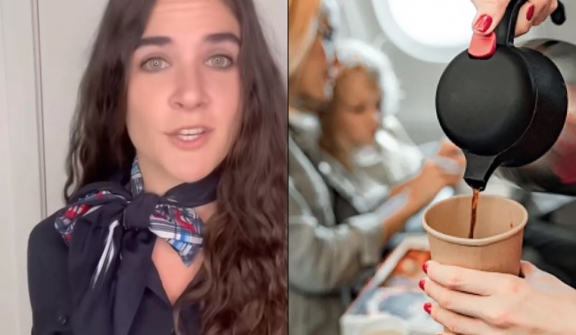
Flights can be tiring and uncomfortable for some, so beverages like tea and coffee are considered "lifesavers" for staying awake and energized.
But these two drinks have previously raised hygiene concerns.
Many flight attendants also limit their consumption of these beverages onboard. The issue lies not with the tea or coffee but with the water source on the plane.

Instead, she advised passengers to buy wine, spirits, beer, or soft drinks.
Cierra Mistt, who said she worked for a U.S. airline, explained that she and her colleagues avoided any refreshments that required hot water.
In a short video shared on YouTube, she claimed that the machine that provides hot water for drinks such as tea and coffee "has never been cleaned."
Cierra said: "Unless we're super desperate, we will not drink the coffee or the tea that's supplied on the plane.
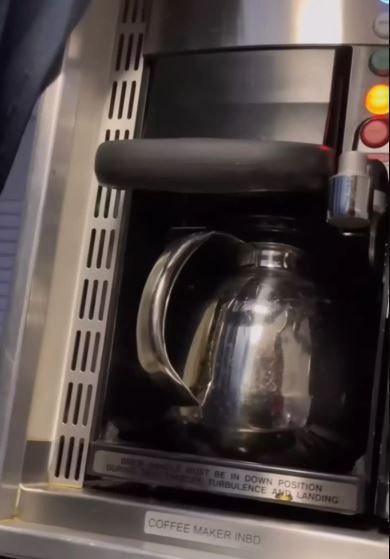
"The water that we use for the coffee and the tea comes from the same spot and guess what, it never gets cleaned.
"And they're not going to clean out that tank unless they find something."
A 2019 study found that many international airlines, including those in the US, use low-quality or unhealthy tap water.
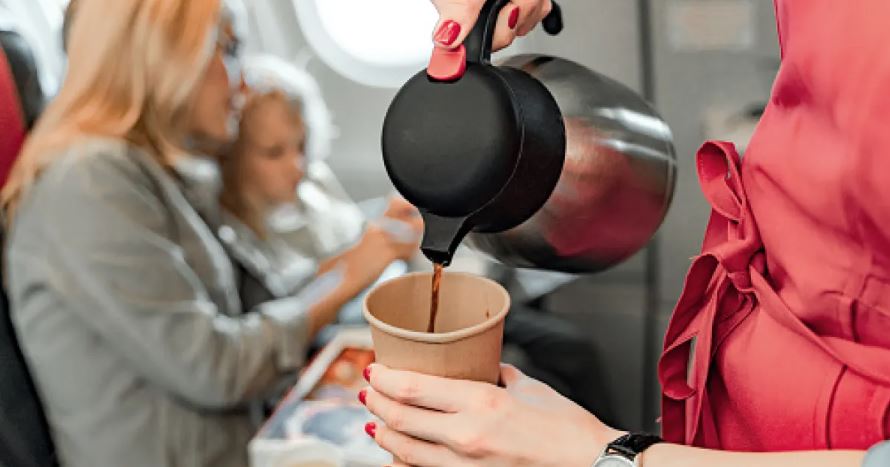
NBC5 reported that water for making tea and coffee on flights is often taken from the tap rather than from bottled water.
The Center for Food Policy at Hunter College NYC and DietDetective.com conducted a check on the safety standards of water on airplanes and found that "many airlines may have provided passengers with unhealthy water."
After analyzing and rating 11 major international airlines and 12 US airlines for the quality of drinking water.
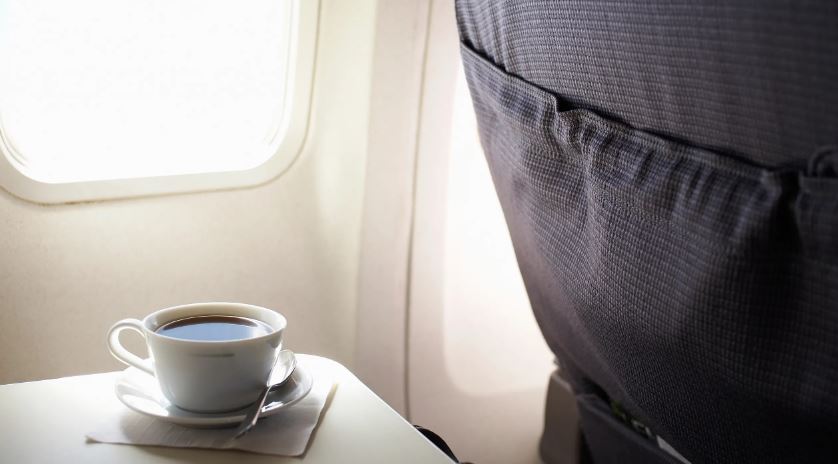
The results showed that 7 international airlines had poor water quality. In a water test conducted on 158 airplanes, 13% of the results contained coliform bacteria.
Two of the planes were found to have dangerous E.coli bacteria in the water. According to another Insider study, for every 8 planes, one does not ensure water safety.
Airlines are also required to ensure the frequency of water testing and tank flushing. Bacteria can spread during transportation, NBC5 reported.
According to a 2015 study in the International Journal of Environmental Research and Public Health, more microorganisms exist in transport vehicles than in the original water, such as when transferred from a truck to an airplane.
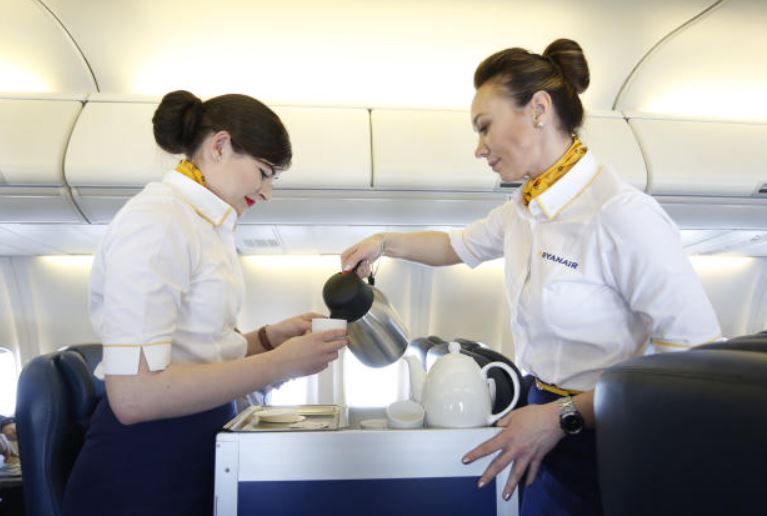
Flight attendant Kamalani said one reason for bacterial contamination may be that hot water machines are rarely cleaned.
"Stay away from coffee and tea because the machines are rarely cleaned, unless they are broken or have issues," she said.
Dr. Cedric Spak, an infectious disease specialist at Baylor College of Medicine, told NBC5 that people with weakened immune systems should avoid drinking beverages on airplanes.
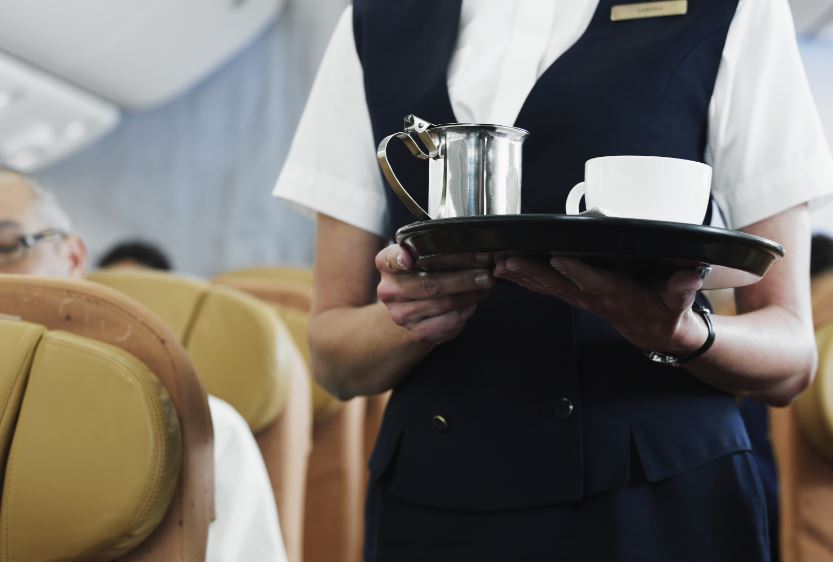
He also noted that parents with young children should "think carefully" before putting water in their baby's bottle. "That doesn't seem like a good idea," he said.




